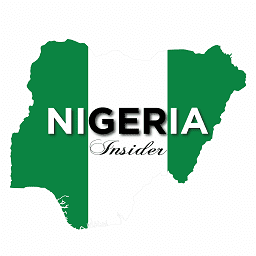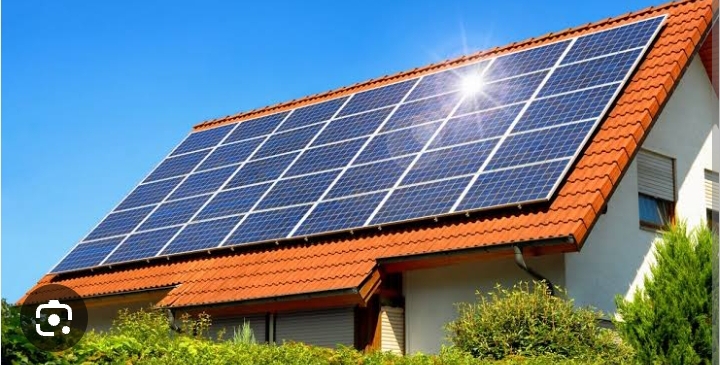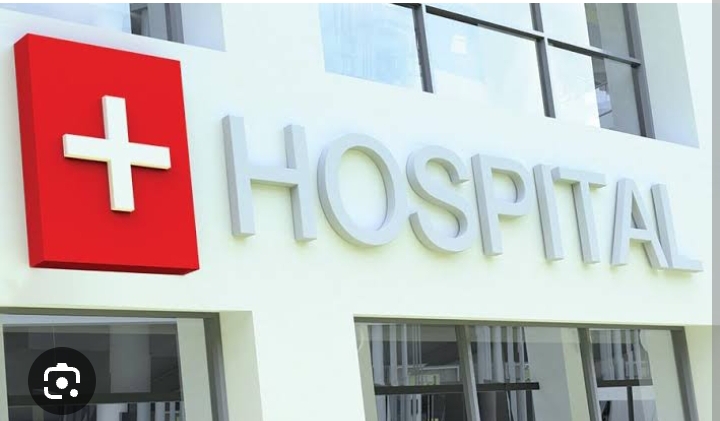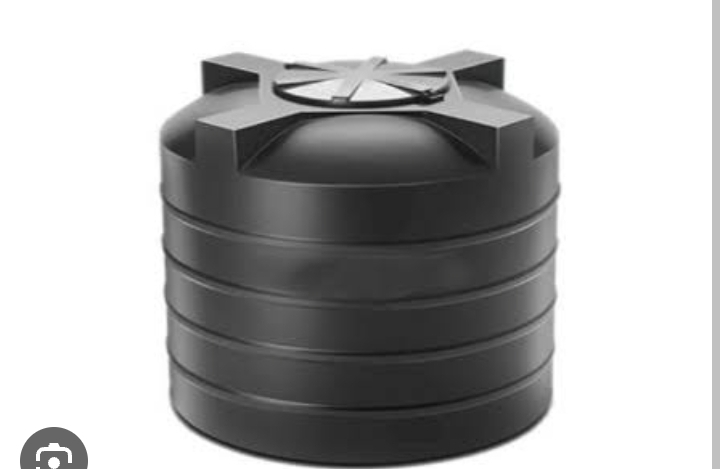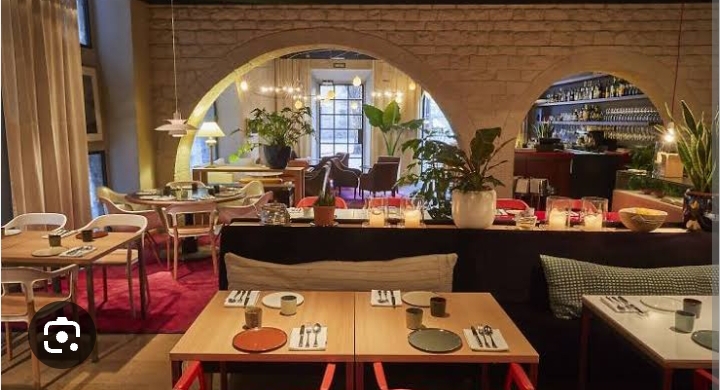Best places to invest in Nigeria
The Top Investment Destinations in Nigeria: Unlocking Opportunities in Africa’s Largest Economy
Nigeria, often referred to as the “Giant of Africa,” is a country with immense potential for investment and economic growth. Blessed with abundant natural resources, a large and youthful population, and a vibrant business environment, Nigeria offers numerous opportunities for both domestic and international investors. In this article, we will explore some of the best places to invest in Nigeria, highlighting the key sectors and regions that hold significant promise for those seeking to capitalize on Nigeria’s economic potential.
Lagos State:
Lagos, the commercial capital of Nigeria, is a bustling metropolis and a prime investment destination. The state boasts a vibrant economy, robust infrastructure, and a burgeoning tech and start-up ecosystem. With a population of over 20 million people, the consumer market in Lagos is vast and diverse. Key sectors to consider for investment in Lagos include real estate, manufacturing, logistics, telecommunications, financial services, and entertainment.
Abuja:
As Nigeria’s capital city, Abuja offers a unique blend of political and economic opportunities. It serves as the administrative hub and home to numerous government institutions and foreign embassies. The city’s strategic location in the center of the country, coupled with its modern infrastructure and growing population, make it an attractive destination for real estate development, hospitality, tourism, and service-oriented businesses.
Ogun State:
Situated in close proximity to Lagos, Ogun State is emerging as a significant industrial and manufacturing hub in Nigeria. The state’s favorable investment climate, access to major transportation networks, and proximity to the Lagos seaports make it an ideal location for businesses seeking to establish manufacturing plants, logistics centers, and agro-processing facilities. The government’s commitment to infrastructure development and ease of doing business initiatives further enhance Ogun State’s investment appeal.
Enugu:
Enugu, located in southeastern Nigeria, is a region experiencing rapid growth and development. The city is known for its coal mining history and is now diversifying its economy into sectors such as renewable energy, tourism, agriculture, and education. Enugu’s strategic position within the East-West corridor and its rich cultural heritage make it an attractive destination for investors looking to tap into the region’s untapped potential.
Cross River State:
Cross River State, located in southern Nigeria, is renowned for its natural beauty, including the famous Obudu Cattle Ranch and the annual Calabar Carnival. The state’s commitment to sustainable tourism and hospitality development presents opportunities for investors in sectors such as eco-tourism, hospitality, leisure, and entertainment.
Additionally, Cross River State has significant agricultural potential, particularly in the areas of cocoa production, aquaculture, and palm oil processing.
Kaduna State:
Kaduna, situated in the northern region of Nigeria, is a state with a rich industrial heritage and a strategic location. The state’s well-developed transport infrastructure, abundant agricultural resources, and thriving manufacturing sector make it an attractive investment destination.
Opportunities exist in areas such as textiles, agro-processing, steel manufacturing, solid minerals, and renewable energy.
Conclusion:
Nigeria, with its vast natural resources, large consumer market, and business-friendly environment, offers a plethora of investment opportunities. This article has highlighted some of the best places to invest in Nigeria, including Lagos, Abuja, Ogun State, Enugu, Cross River State, and Kaduna State.
However, it is important for investors to conduct thorough market research, engage with local partners, and navigate regulatory frameworks to maximize their chances of success.
By tapping into Nigeria’s economic potential, investors can contribute to the country’s growth while reaping the rewards of their ventures in Africa’s largest economy.
